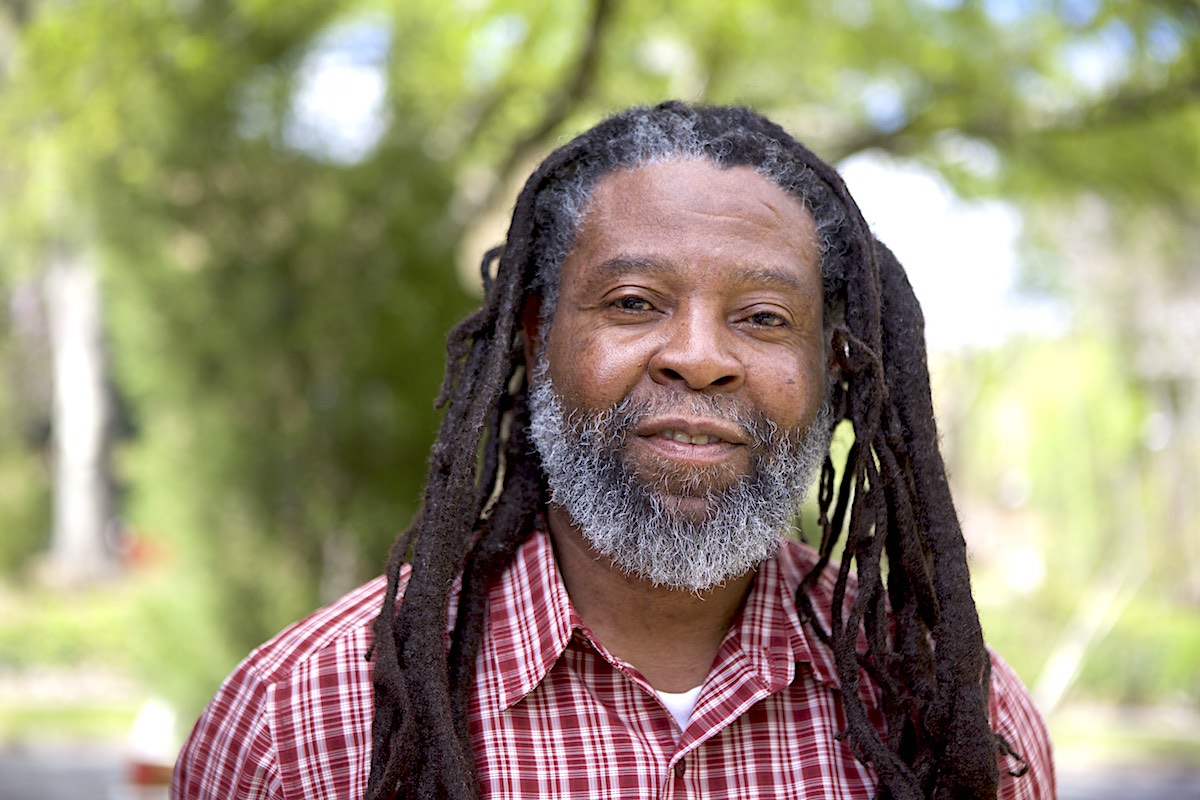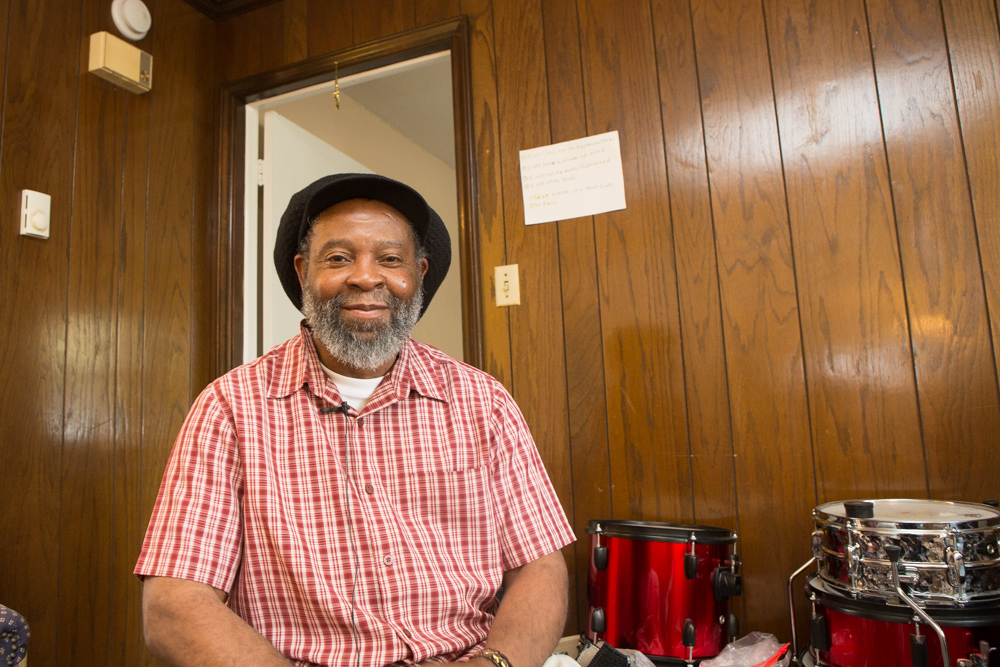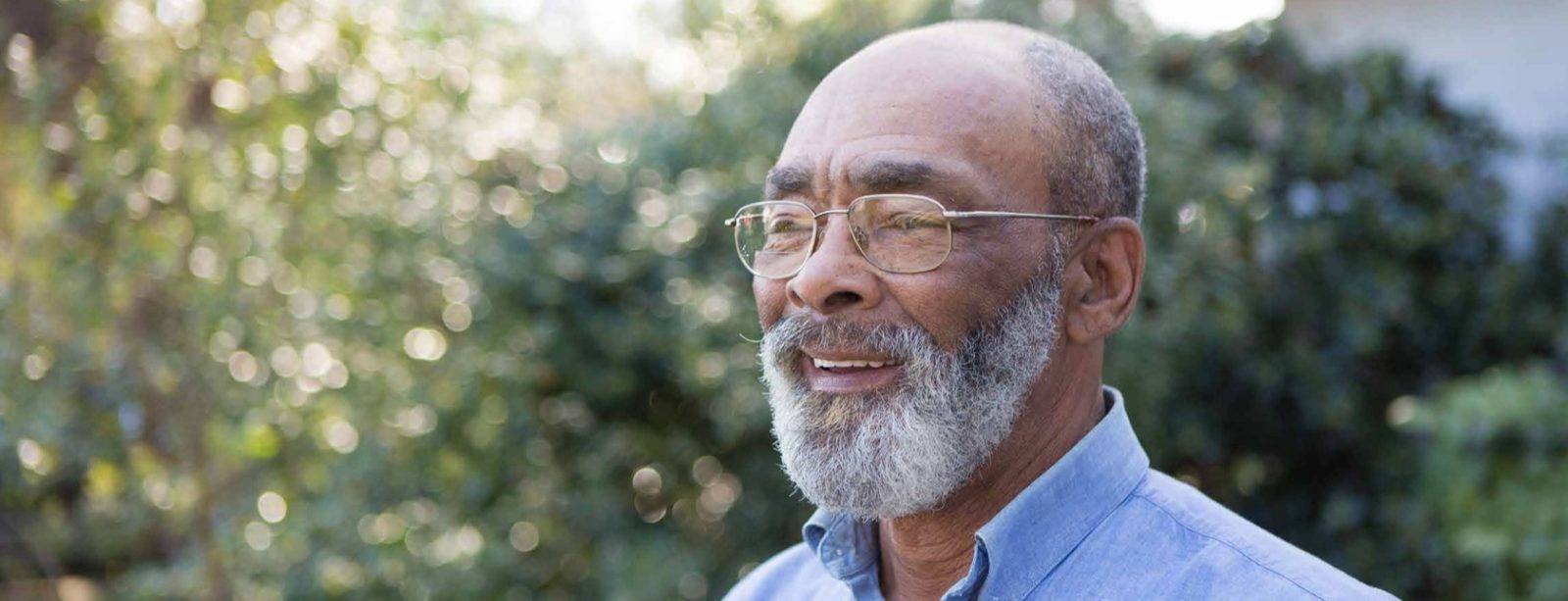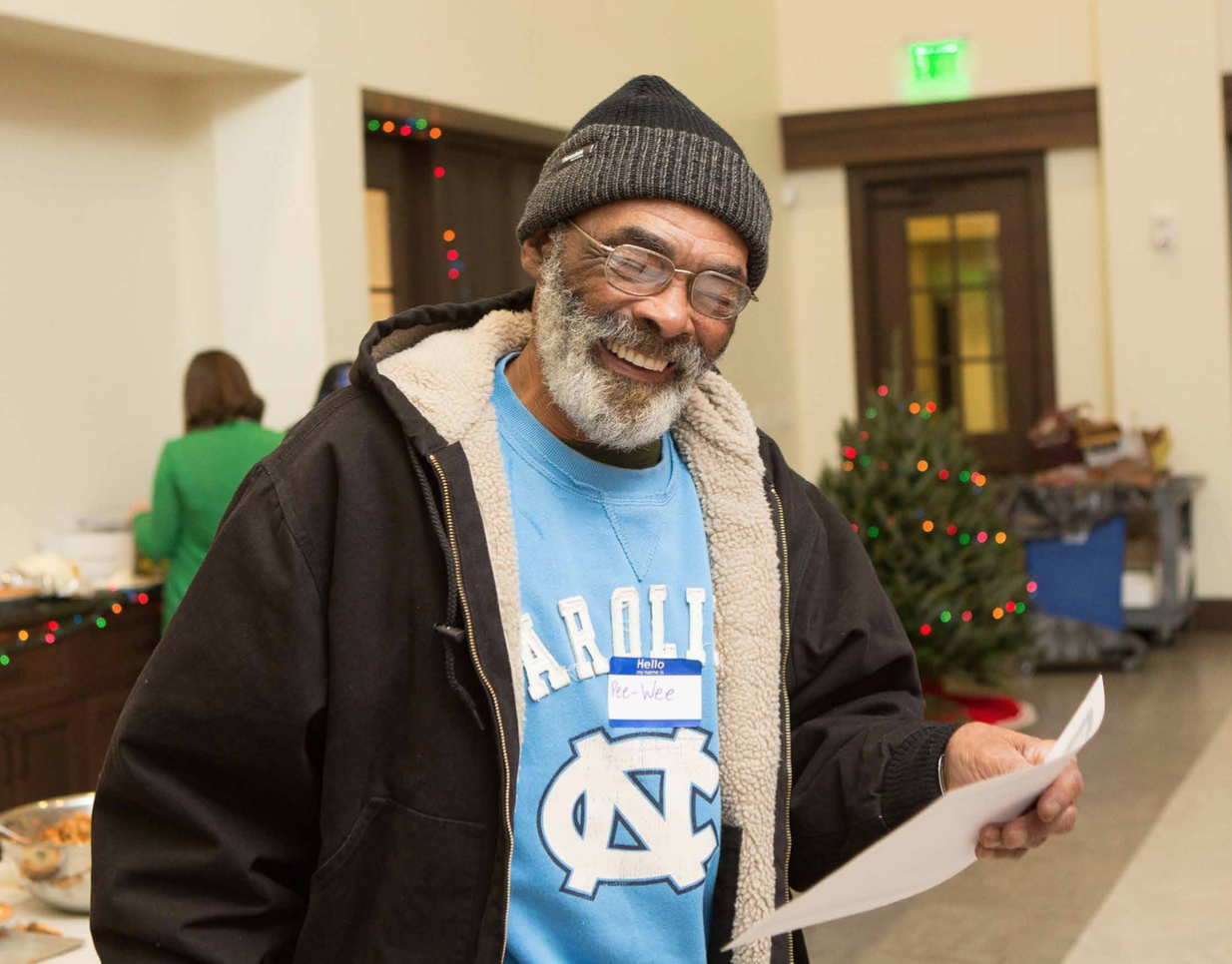
From Joe Sircar (UNC ‘12), Quinn Holmquist (Duke ’16), and Anne Yeung (Duke ’14)
We are writing to those of you who have volunteered with CEF and who may want stay connected—whether you are still in the area or afar. As a volunteer during CEF’s first 7 years, you are a huge part of founding CEF and making it possible, and you’re invited to join the Founders Circle.
We’re a group of CEF old hands who make a small gift of $10 (or $15 or $20) that is automatically drafted each month as a way to sustain and stay connected to CEF and order to help support CEF’s work and sustain its impact in the Chapel Hill and Durham communities. Since we left and now face new challenges in new cities and new communities—CEF has been frequently on our minds.
Joe: One of the things that memorializes my time there is the quote “we are all recovering from something.” CEF is a real community that continues to grow and learn together – and the real impact that the relationships that are forged in CEF continues to make is incredible. I’m sure many of you all would say the same.
Anne: I remember the shared stories, laughs, and meals at Dove House and with Ricky; being invited to try to understand poverty through a human lens; and the opportunity to shape and build a growing organization
Quinn: I’ll always cherish the long car talks on the way office hours, hugs at the Genesis Home, and Wannamaker Common Room 04 (the site of CEF’s house course, which just wrapped up its fifth semester).
Whatever it is that you find beautiful in CEF, we would like to invite you to continue to be a part of that by joining us in the CEF’s Founders’ Circle. You’ll receive a CEF mug specially crafted for Founders’ Circle members Just click here, enter your info, and start giving!
CEF continues to attract more volunteers, gain more members, add and optimize programs, and make new partnerships. CEF is now serving over 1,000 members in Chapel Hill and Durham, with over 200 active savings accounts, and this year they supported 104 members to secure housing and 155 members to gain employment. In its 7 years of existence, we believe CEF has flourished and exceeded expectations. Let’s stay connected and help them grow.
We look forward to hearing from you!
Joe Sircar (UNC ‘12), Quinn Holmquist (Duke ’16), and Anne Yeung (Duke ’14)



P.S Wondering what’s changed since you graduated? Well, at our core, we’re still the same we think – grounded in the unique relationships between our student Advocates and our Members, and anchored by these consistent Guiding Principles. You can check out these recent Member Stories to see for yourself just how much we’re still the same full-hearted CEF.
In Durham:
Here is a glimpse from then (2012), to now…
- Then, we visited 3 partner sites and worked with 64 members. Now we work with 350 members in close partnership with 10+ housing and employment organizations, and our very own office, located squarely between Duke and downtown Durham.
- Then our entire advocate team could squeeze into Janet’s car. Now we have 102 advocates in 10 teams, bussing, walking, and carpooling together to sites throughout Durham.
- Then we had 0 full-time staff. Then we had half-a-staff. Now we have three dedicated staff people.
- Then we took appointments and set appointment agendas the day-of. Now, Members schedule meeting in advance, receive systematized appointment reminders, and establish long-term goals alongside to-do lists for each meeting!
- In 2012, all CEF members saved an impressive $53,091. Last year, they saved a staggering $195,881, and we’ve used behavioral economic best practices to continuously improve the accounts!
- Then, we were filled with big questions about growth and sustainability. Now, CEF’s work has grown roots and deep partnerships in Durham, charted out in a 3-year Strategic Plan, and featured in national case studies as a model for integrating financial capability into social services.
Thanks to you, CEF has gone from then to now.
In Chapel Hill:
Here are some fun snapshots of how we have changed…
- We started an Advocacy Choir to sing for change in affordable housing in Orange County!
- You might be such a golden-oldies Advocate that you remember when we didn’t even have an office, or when our office was basically just that one table at 133 ½. Now, we have a 2,000 square foot space co-locating services with partner organizations in downtown Chapel Hill!
- Maybe you remember when our Resource Database was a big Google Spreadsheet. Or maybe you remember when it was in a manila folder in the Campus Y! Now, it is a county-wide, web-based, public, and very fancy tool.
- Perhaps you were here when we offered micro-loans, and a matched savings program was just a glimmer in the eye of some of the first CEF Members (Borrowers at the time!). Now our matched savings accounts have supported hundreds of members to save successfully for their goals, and we’re using best practices to improve the accounts every year! And what’s super exciting? The first 3 CEF Members just used their CEF savings accounts to buy their own homes.
- Possibly the Advocate training you participated in was just a one-day thing. Now, training is a semester-long process packed with content and shadowing opportunities, with our Financial Coaching Fellows training now a course for academic credit at the UNC School of Social Work. What!?
- And maybe you were here when all of this was really just an idea, or barely becoming a real thing. Now, CEF has been featured in national case studies as a model for integrating financial capability services into social services.
Thanks to you, CEF has grown in so many ways.
It’s so fun to reflect on just how much has happened and how far we have come! In part because it helps us imagine just how much is still possible! To keep building towards better, we need your support
P.S. We would love to hear from you! What are some of your favorite or most distinct memories of your time at CEF? What do you remember about your time as an Advocate? What experience still makes you laugh when you think about it, or still breaks your heart? What are you up to nowadays? It would be awesome to stay in touch – please comment below and share or email us at founders@communityef.org!

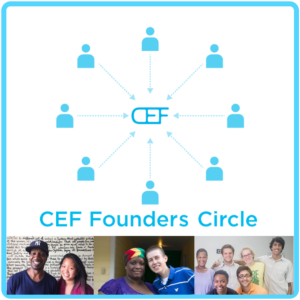
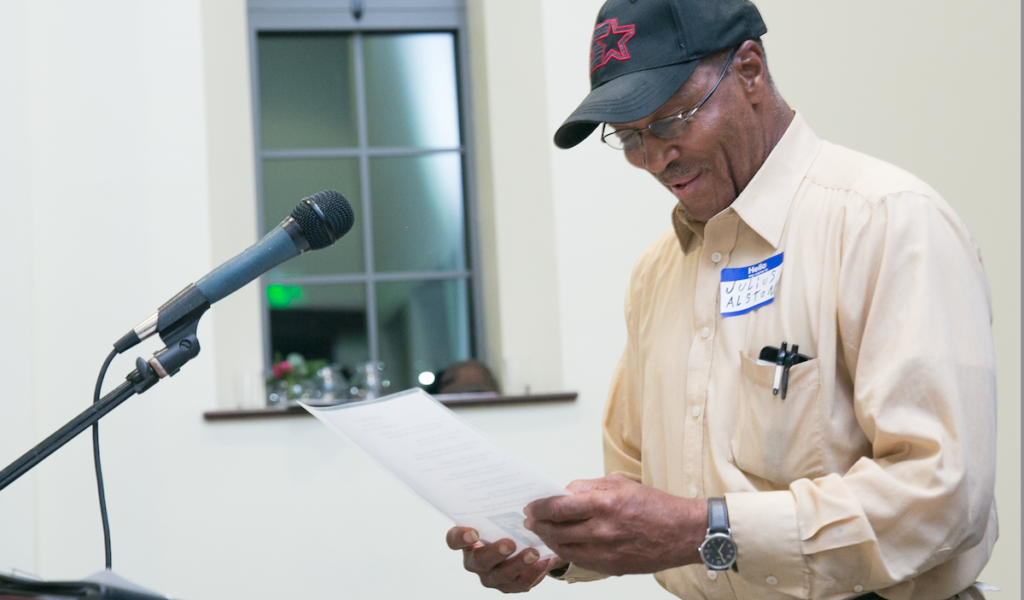

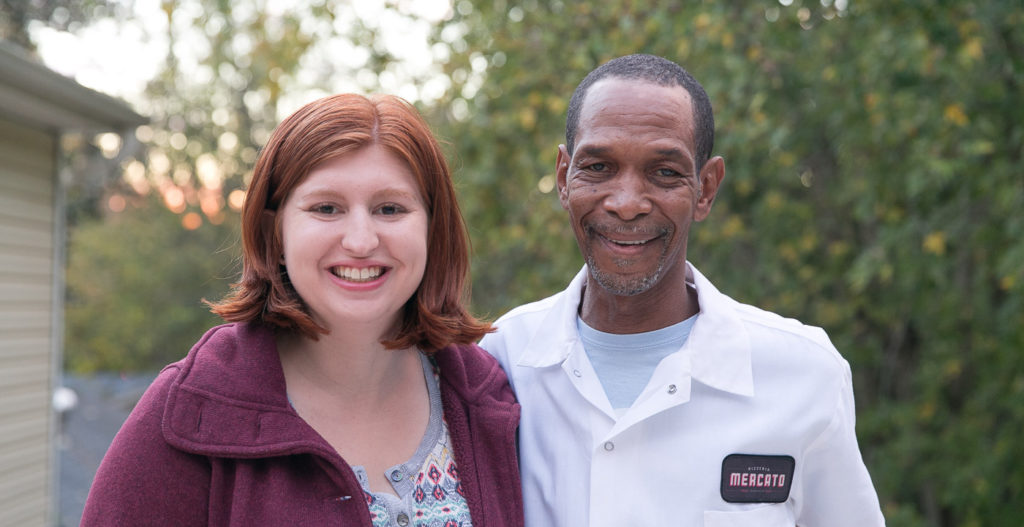
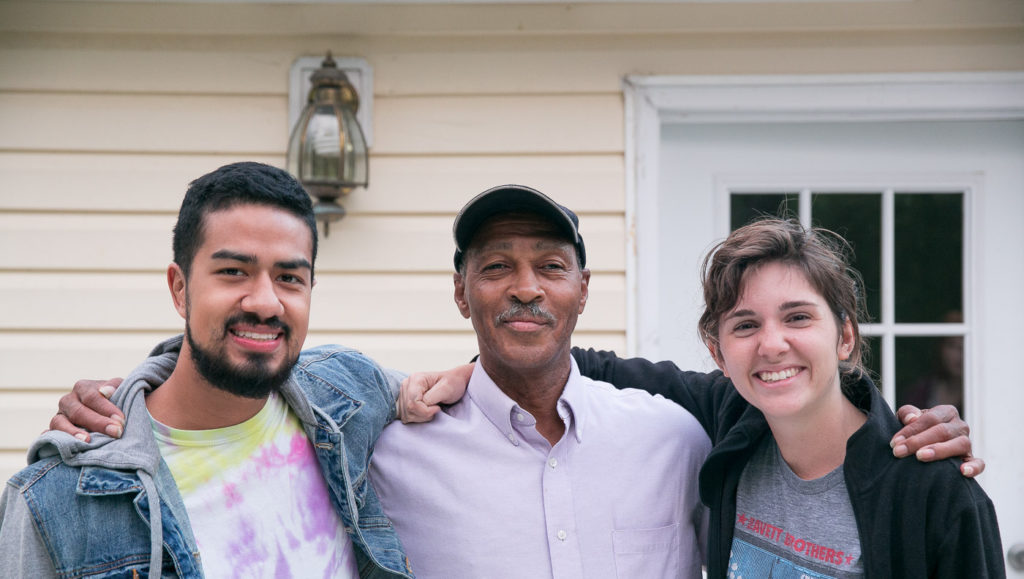 Meanwhile, Julius is the older brother of the two, and retired a couple of years ago. He worked with his Advocates, Steven and Leah, to search for affordable housing. When the Housing Choice Voucher waiting list opened up for just 3 days in Orange County, Julius submitted an application, and several months later he was actually selected for a voucher! His Advocates helped him to pull together all of the necessary paperwork to receive the voucher alongside Rapid Rehousing assistance for his security deposit. Since Julius and Mike wanted to live together as well, the team worked to add Mike officially to Julius’ voucher.
Meanwhile, Julius is the older brother of the two, and retired a couple of years ago. He worked with his Advocates, Steven and Leah, to search for affordable housing. When the Housing Choice Voucher waiting list opened up for just 3 days in Orange County, Julius submitted an application, and several months later he was actually selected for a voucher! His Advocates helped him to pull together all of the necessary paperwork to receive the voucher alongside Rapid Rehousing assistance for his security deposit. Since Julius and Mike wanted to live together as well, the team worked to add Mike officially to Julius’ voucher.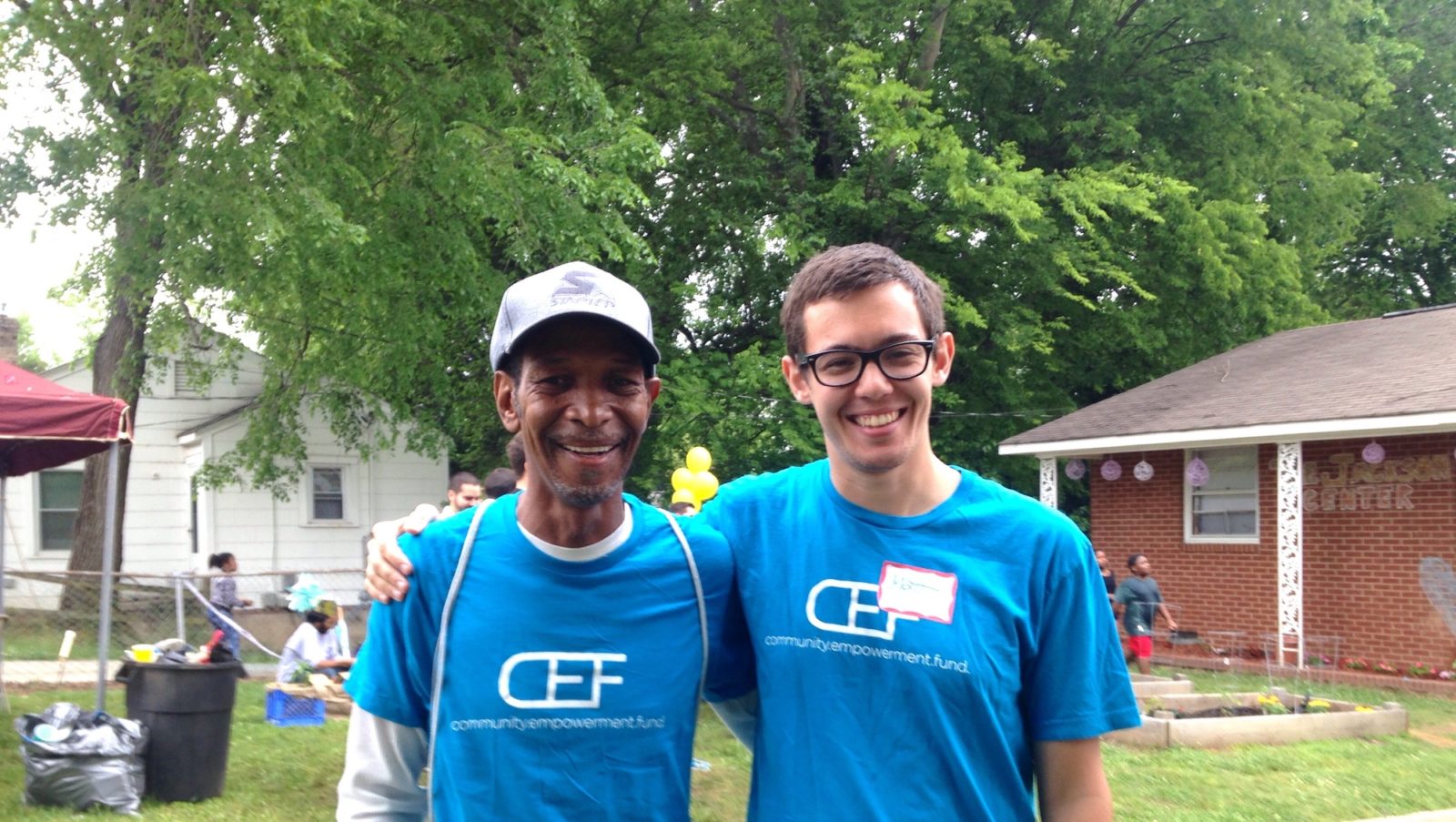
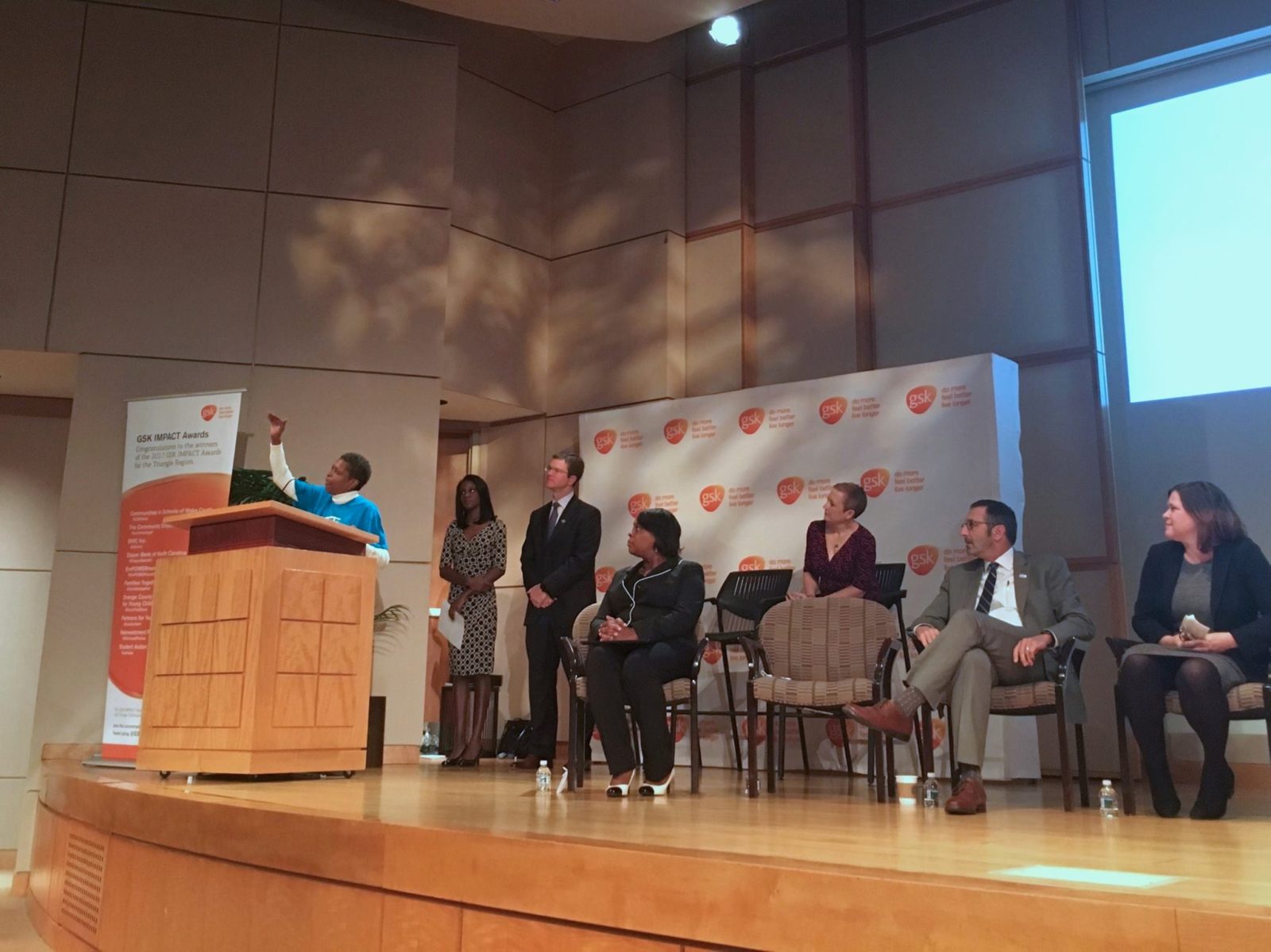
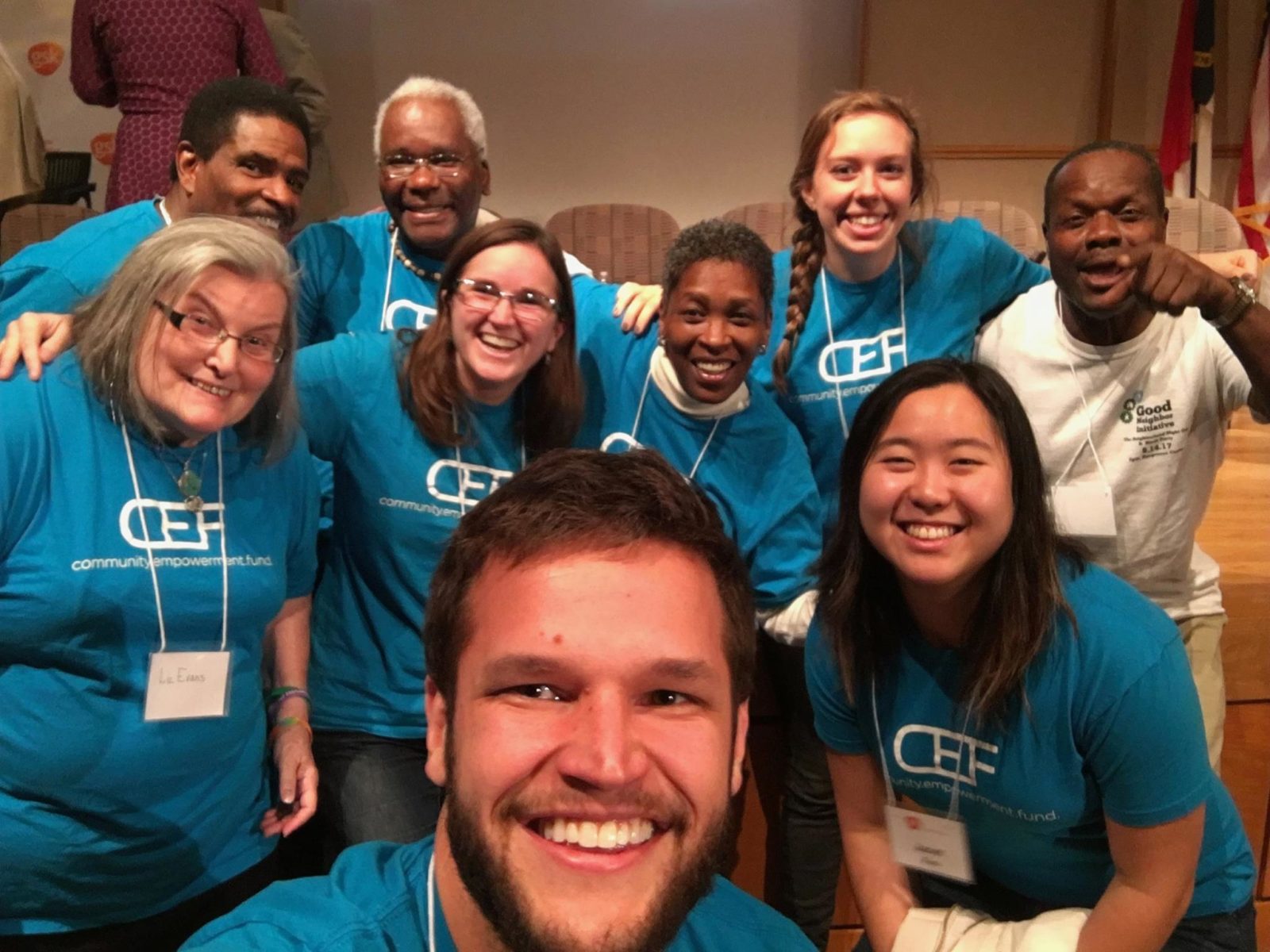
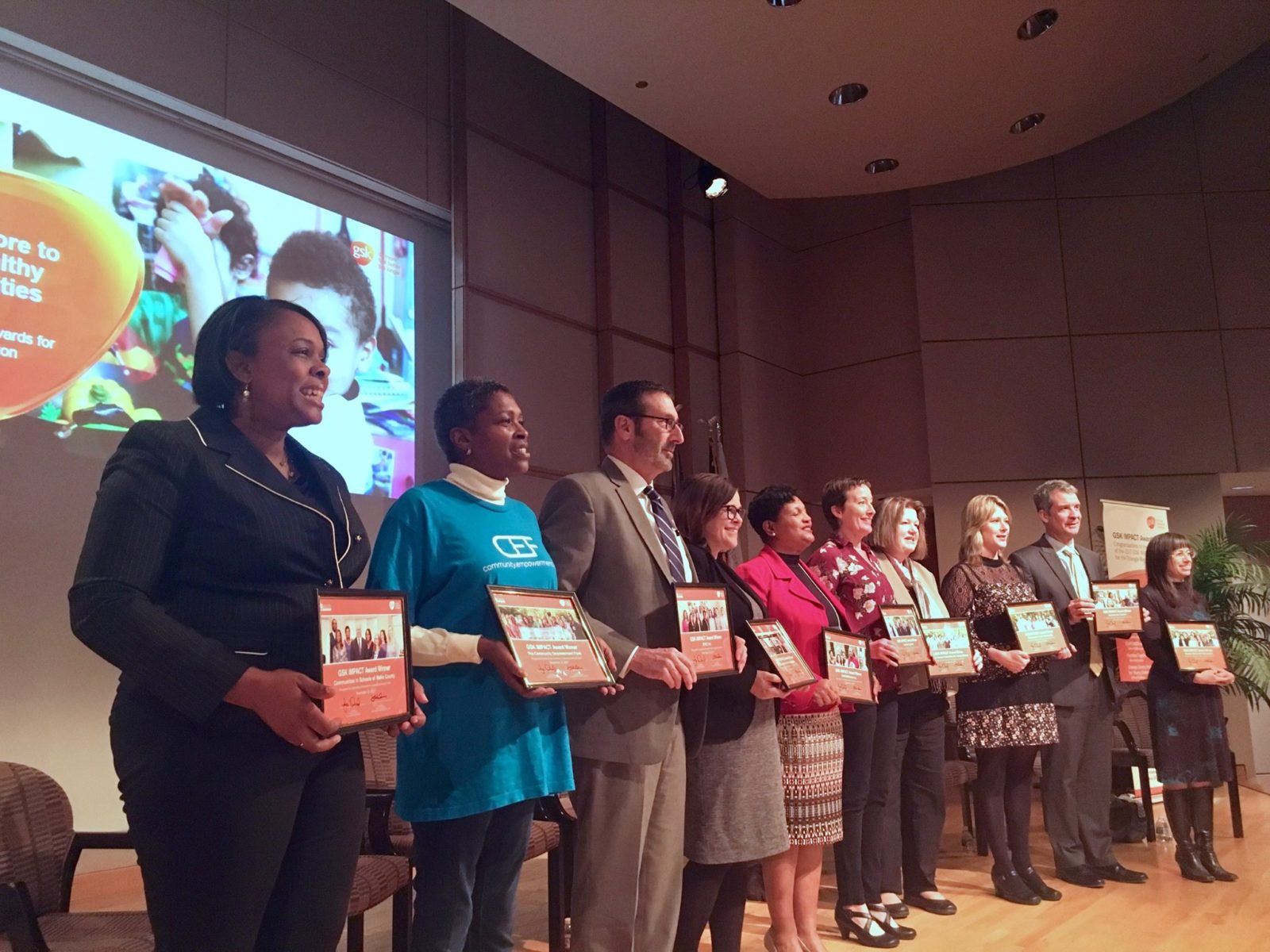

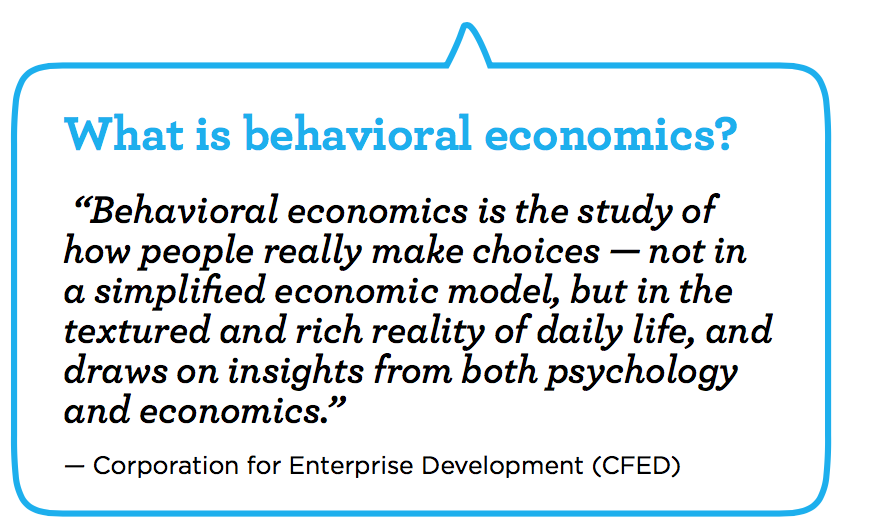
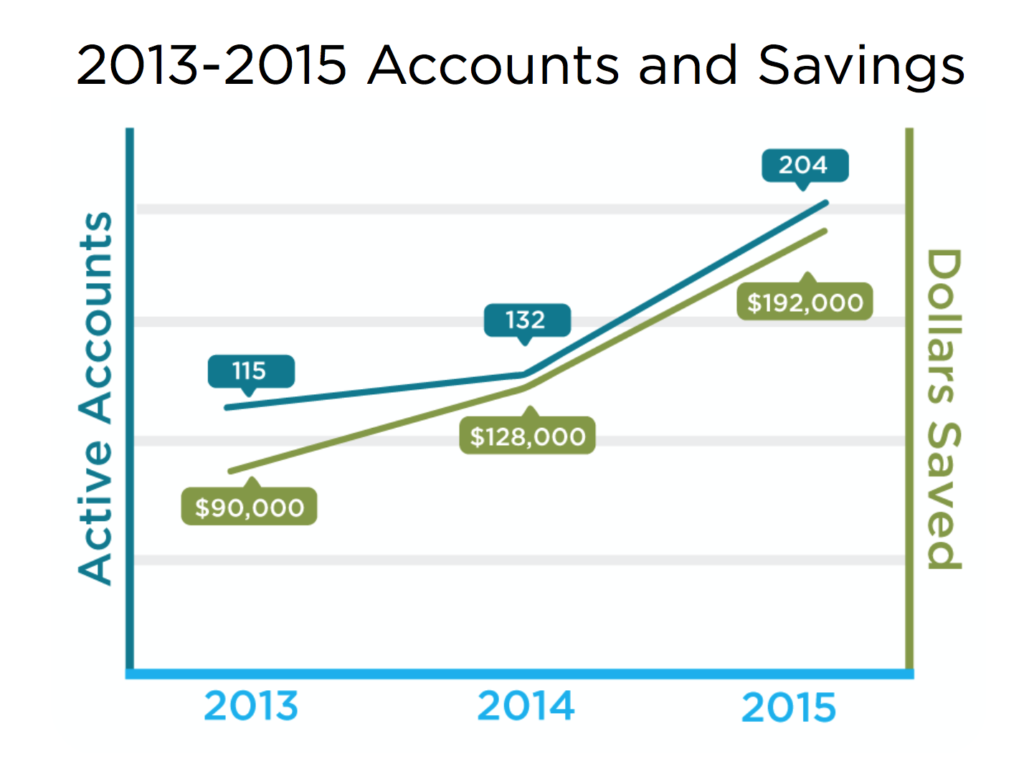 Based on the Center for Advanced Hindsight’s nationally recognized research, these changes will assist CEF Members in achieving the savings goals they set out to reach. For a preview of great things to come, check out the chart below to see the continuing increase in the number of active savings accounts managed by CEF and the total amount CEF Members saved in their accounts annually, which has doubled in just two years!
Based on the Center for Advanced Hindsight’s nationally recognized research, these changes will assist CEF Members in achieving the savings goals they set out to reach. For a preview of great things to come, check out the chart below to see the continuing increase in the number of active savings accounts managed by CEF and the total amount CEF Members saved in their accounts annually, which has doubled in just two years!